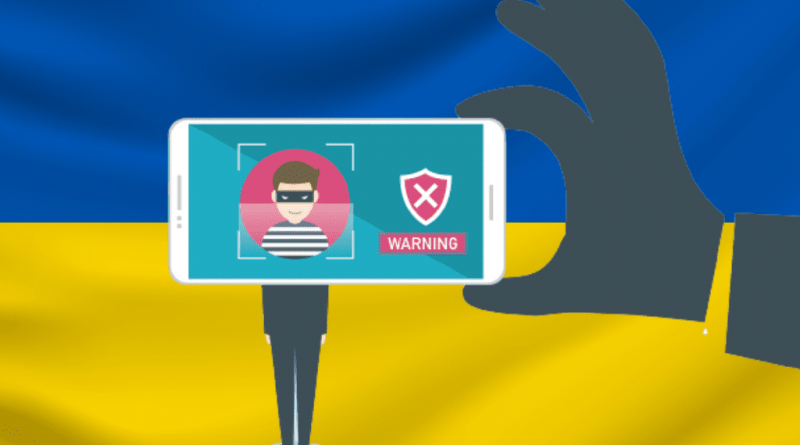The National Police of Ukraine (NPU) has successfully identified and busted a network of call centers run by crypto scammers. The group targeted European and Ukrainian nationals, who were victims of crypto-related scams and frauds in the past.
According to the NPU’s official notice, the bogus call center allegedly claimed to be able to assist victims of crypto fraud. Moreover, they recommend investment packages in digital currency, gold, oil, and other securities.
As per the NPU, the group disguised as banks and used websites and exchanges to lure in unsuspecting European victims. The group then went on to obtain the victim’s confidential information.
In order to recover their lost funds, victims were reportedly instructed to pay a commission. However, once the money was paid, contact with the “brokers” was cut off. The victims did not receive the funds as promised, from their previous mishaps.
The call center’s employees are being accused of “fraud committed on a particularly large scale or by an organized group.” Furthermore, the group’s computers, phones, and data storage systems have been impounded.
Will Ukrainians trust Crypto?
Although the call center scam is double jeopardy for the victims involved, crypto has played a significant role in the ongoing Russia-Ukraine conflict. According to reports, Ukraine has used $54 million in crypto in its fight against Russia. Donations in digital assets became one of the most popular ways to contribute to the cause.
Even the Finnish government was looking into donating $77 million worth of seized Bitcoin (BTC).
Popular adult platform, Only Fans, also donated 500 ETH to the Ukrainian war effort.
On March 16th, President Volodymyr Zelenskyy signed the virtual assets law. The law legalized the use of cryptocurrencies. The law made the way for the country to receive and use crypto donations.
Therefore it is safe to say that most Ukrainians will not distrust crypto in general. Albeit there are plenty of scams and frauds in the space, it has still changed the way the world can make payments. Especially across borders, without any middlemen.





